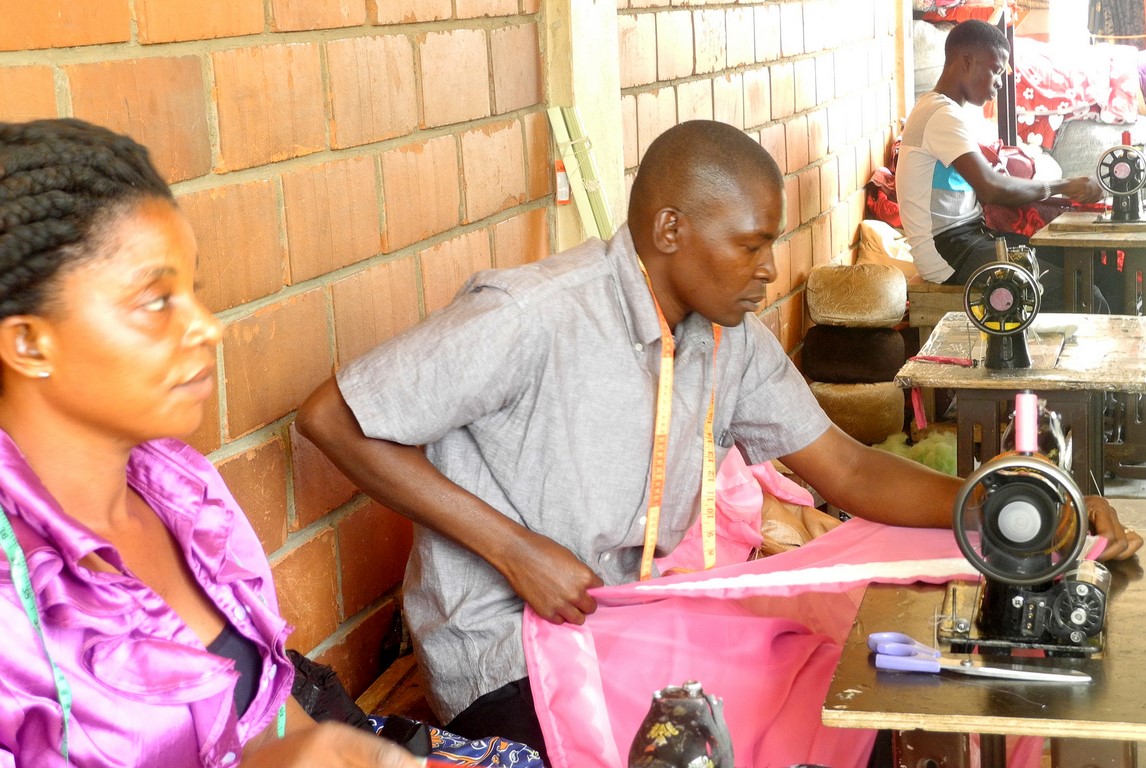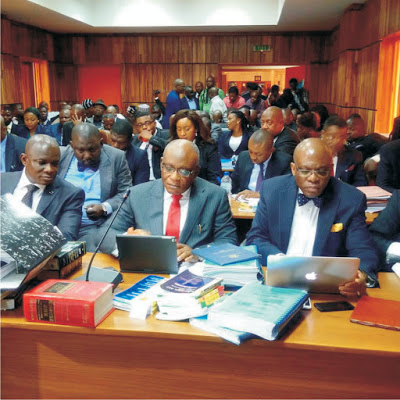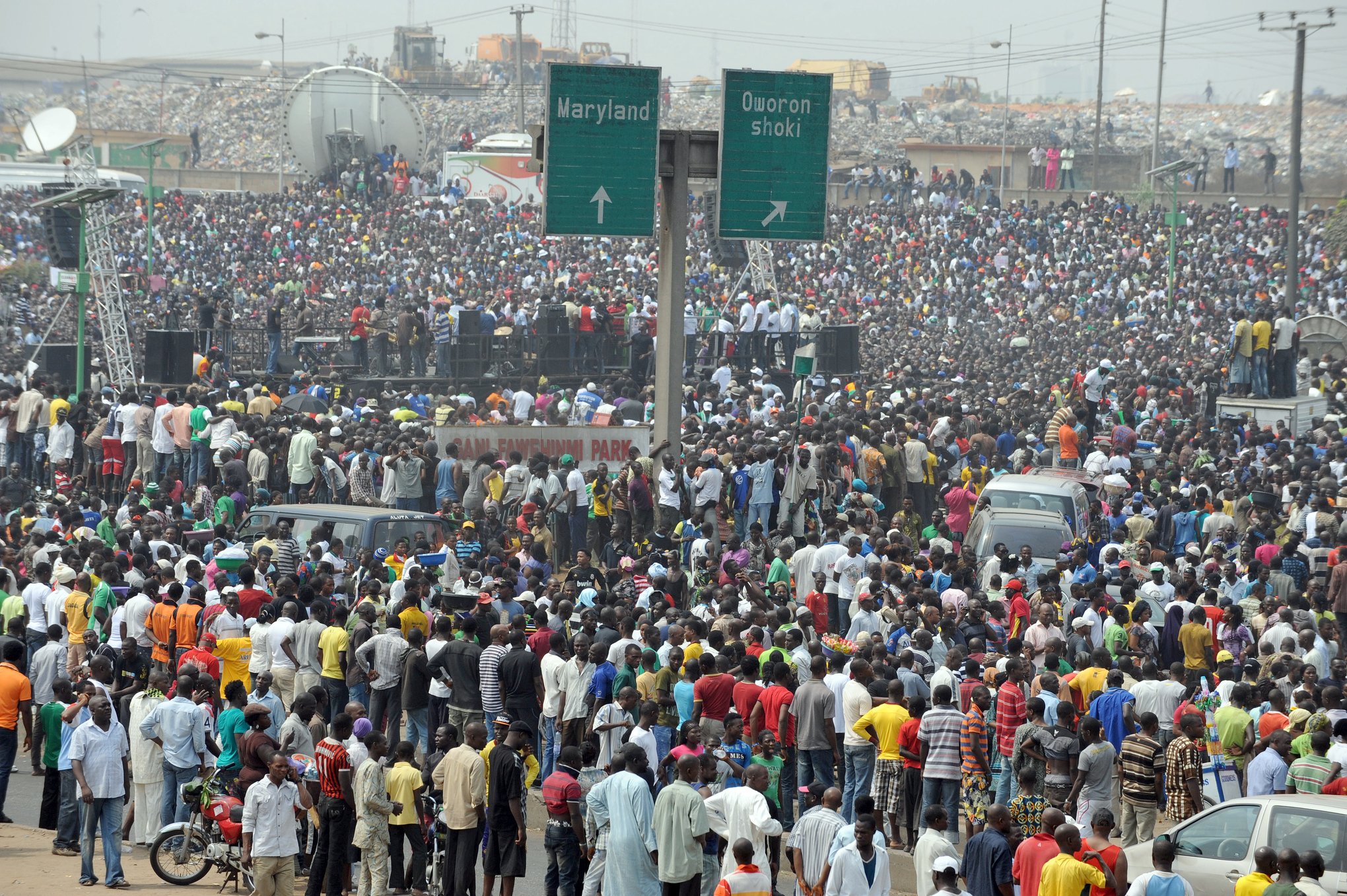In early 2014, when the Ebola virus began ravaging three West African countries, it came with an all-shattering venom. Although Nigeria, Senegal, Mali and the Congo were all affected, the real devastation occurred in Liberia, Guinea and Sierra Leone.
In these three countries, humans were crushed by the virus. Dozens died long before medics reached an understanding of the intruder they were dealing with. Medical facilities were overwhelmed at an alarming rate, already-lean government purses were stretched to the limits, the courage of health workers was tested to the brim, and normal human life was ruined.
A cry for help
Ellen Johnson-Sirleaf, the Liberian president, called on the world for help in October 2014. Her country had spent the previous 11 years recovering from its civil war, and she feared that Ebola was threatening to “erase all the hard work”.
“This fight requires a commitment from every nation that has the capacity to help – whether that is with emergency funds, medical supplies or clinical expertise” she wrote in a widely publicised open letter.
Advertisement
By that time, 9,191 people across West Africa were suspected to have been infected and 4,546 had died. In Sirleaf’s Liberia, 4,262 people had been confirmed found to infected by the virus, while 2,484 had died. Guinea and Sierra Leone had the bulk of the deficit of 2,062 deaths.
And so the funds started coming in. Within a month of Sirleaf’s plea, money pledged from outside Africa to the Ebola-hit countries was building up. By July 2015, the United Nations announced that donors had promised $5.2bn, which far outweighed the $3.2bn the three countries said they needed to “return to the progress of [their] pre-Ebola trauma“.
Advertisement
In Liberia, the outbreak left half the heads of households out of work, while women – who account for more workers in the non-agricultural, self-employed sectors – were among the hardest-hit. Ebola’s destruction of livelihoods sorely needed to be addressed.
This was acknowledged at a UN meeting in July 2015 at which President Ernest Bai Koroma of Sierra Leone, speaking on behalf of the three Ebola-hit countries, said:“Humanity sometimes displays short attention spans and wants to move to other issues because the threat from Ebola seems over … The threat is never over until we rebuild the health sector Ebola demolished, until we rebuild the livelihoods it compromised.”
Cruel mismanagement
A month after Koroma’s statement, I was on a plane to Liberia to investigate how the money had been used, courtesy of some civil society initiatives to monitor the situation on the ground. My findings were damning.
The much-vaunted “rebuilding of livelihoods ruined by Ebola” was far from happening. The Liberian government, whose task force destroyed the belongings of Ebola patients, was providing no help as survivors struggled daily for decent food, housing and employment. As Josephine Karwah, one of only three pregnant women to survive the virus, told me, the government left survivors “in a limbo”.
Advertisement
It was enough evidence that none of the dozen survivors I spoke to could pinpoint a single instance when the government offered help. But that wasn’t all. Liberia’s anti-corruption watchdog audited only a fraction ($15m) of the funding, and found that $800,000, most of which passed through the defence ministry, could not be accounted for.
“The conduct of the affairs of the National Ebola Trust Fund [NETF] were marred by financial irregularities and material control deficiencies for a number of transactions carried out by the Incident Management System and the eight Implementing Partners of the NETF”, the General Auditing Commission said in a report published on its website.
Specific instances of corruption included the disbursement of $600,000 for fuel, feeding, daily subsistence allowance, communication, medical and training, tentage repair, repair and maintenance, without supporting documents; and the payment of $10,000 to 68 officers in 10 counties who could not be physically seen or whose names could not be traced in the daily attendance records.
In neighbouring Sierra Leone, the situation was no better. The report of the Audit Service of Sierra Leone unearthed a series of financial irregularities, most notably payments to thousands of fictitious health workers, and expenses running into several hundreds of thousands dollars without supporting documentation.
Up until now the biggest outcry over the gulf between the money donated and that spent on the post-Ebola recovery has been in Liberia and Sierra Leone, but it may well be that the scariest levels of corruption have happend in Guinea.
Advertisement
The Ebola Fund Watch report launched by BudgIT in November 2015 reveals that although Guinea had received donation worth $330m as of November 4, 2015, there is not one audit report on the use of the fund.
Advertisement
The “reports of mismanagement” suggested in this report are given credence by the former prime minister Cellou Dalien Diallo’s description of Guinea as a country where “contracts aren’t signed and investments aren’t made”.
For a country ranked 139th out of 168 in Transparency International’s corruption perception index, Guinea’s lack of documentation for its use of the funds mirrors the secrecy with which Ebola funds were mismanaged in West Africa.
Advertisement
In all three countries, no individual has been tried, much less convicted, for their role in the mismanagement of money meant to save the lives of the dying. And these are people who – to parody novelist Bangambiki Habyarimana’s words – are still here on earth when they deserve to be sent to hell!
This piece was originally published by Al Jazeera
Advertisement
Add a comment







